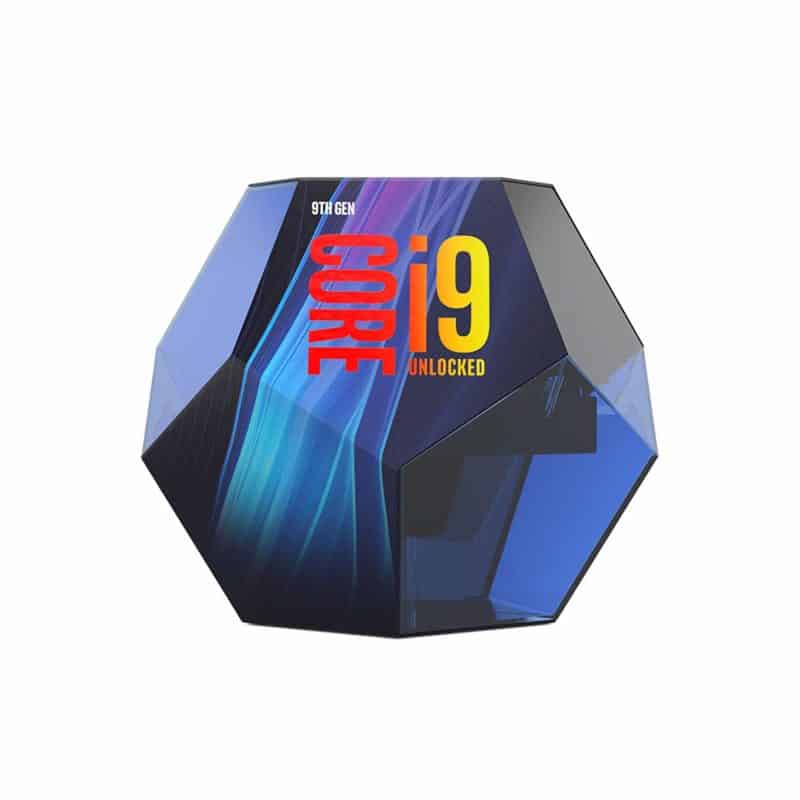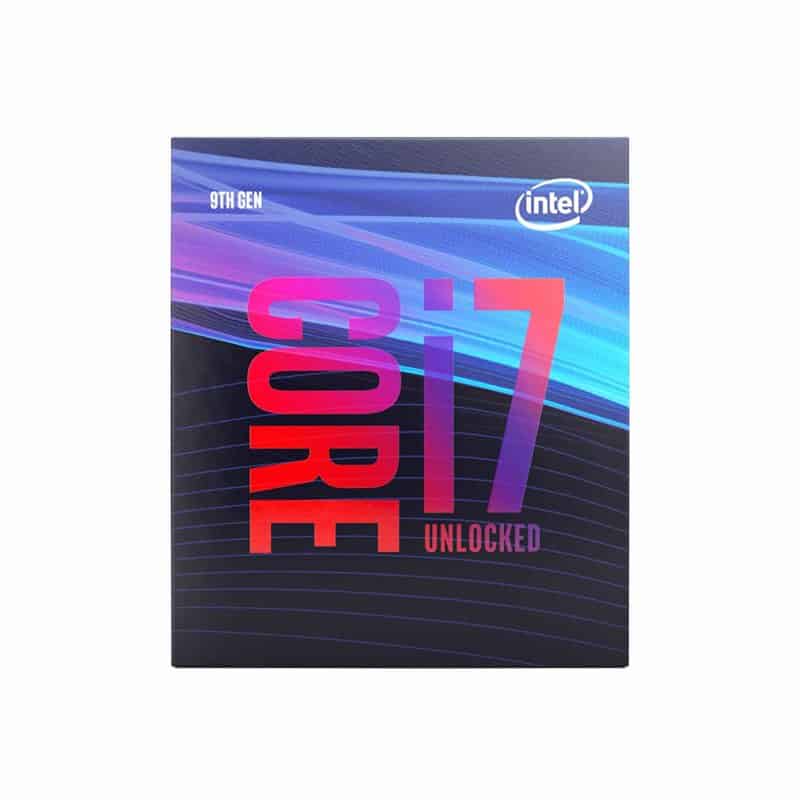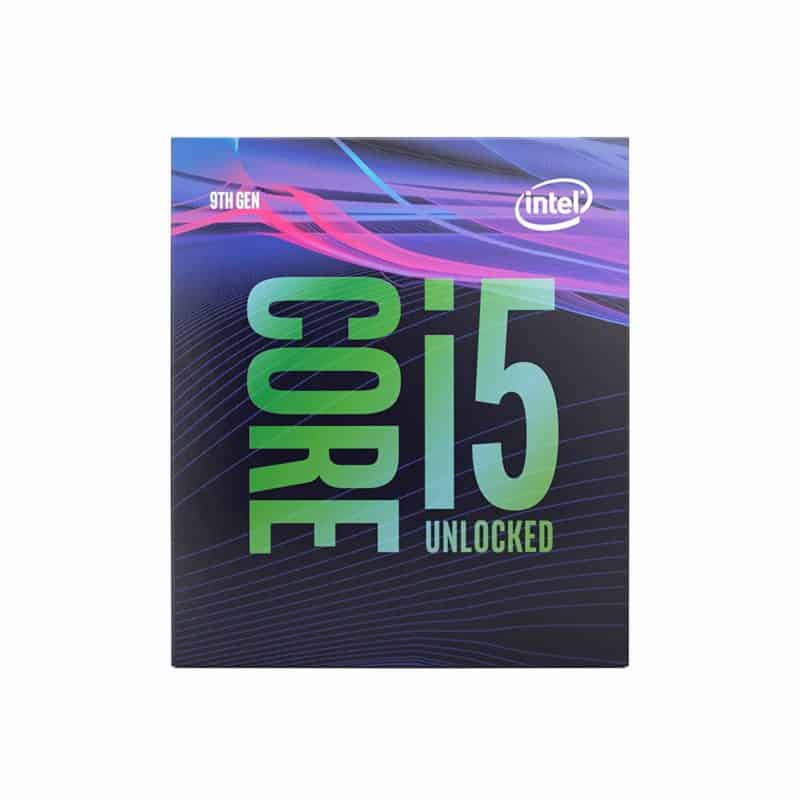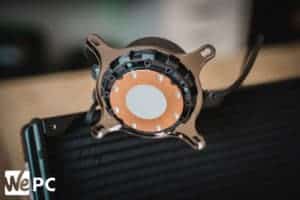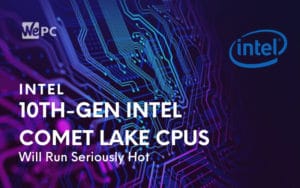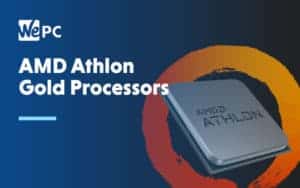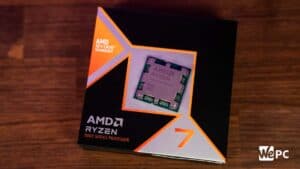Best LGA 1151 CPU in 2024 – our top CPUs for LGA 1151 socket
Five LGA 1151 CPUs that Prove You Don’t Need a New Motherboard Yet
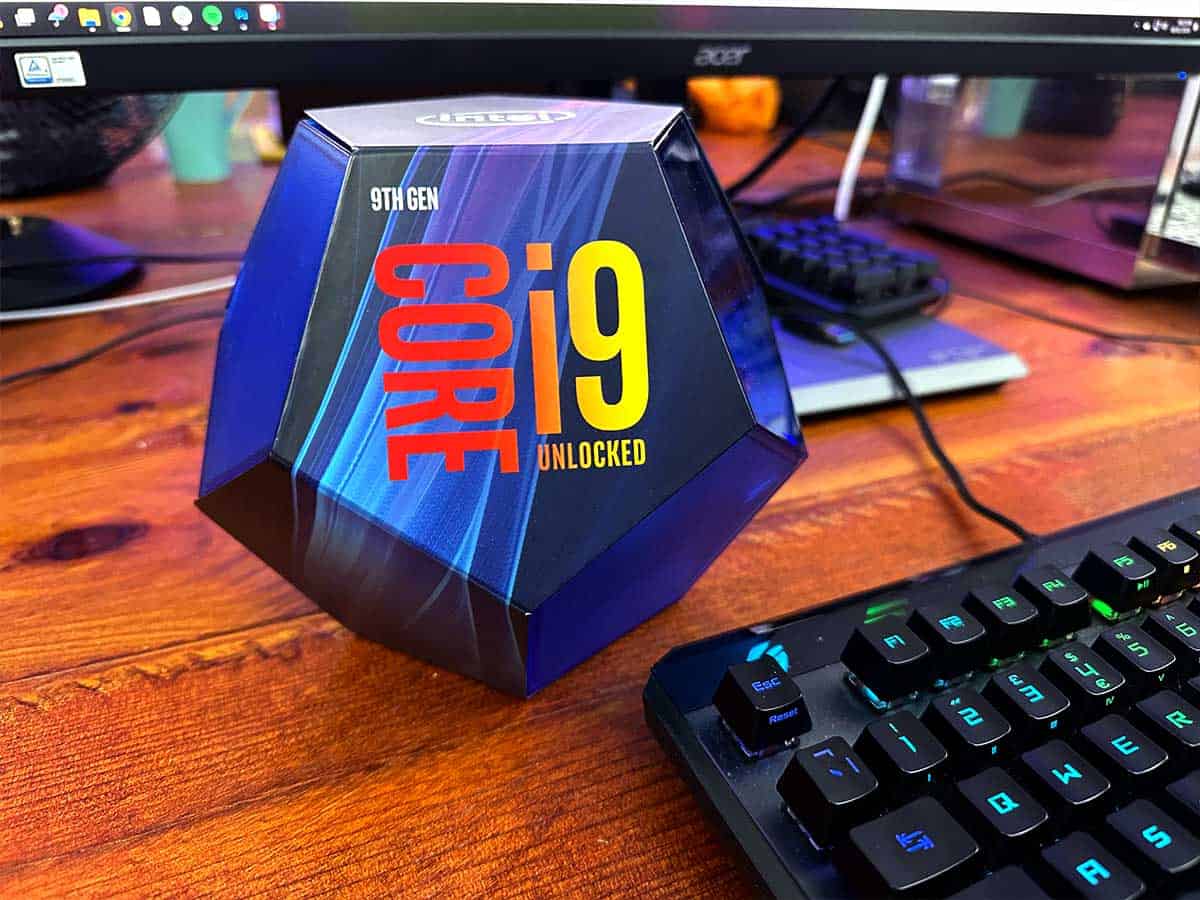
WePC is reader-supported. When you buy through links on our site, we may earn an affiliate commission. Prices subject to change. Learn more
Looking for the best LGA 1151 CPU? We have you covered. We here at WePC have all the knowledge and expertise we need to guide you through the best LGA 1151 CPU. Admittedly, it’s easy to become swept up in the hype and excitement of new processors like the Intel 14th gen hitting the market. In the face of this, one may begin to view their current LGA 1151 build as an outdated relic. However, it’s important to note that the LGA 1151 socket is still relevant and offers much to users.
Intel is known for frequently introducing new sockets, yet the LGA 1151 is a versatile design that remains a part of their extensive catalog. It was created to accommodate the Sky Lake family of CPUs, and subsequently, Intel released Kaby Lake in the same format. In a surprising move, the LGA 1151 socket was revised to support Coffee Lake. Currently, with Raptor Lake and the refresh, the socket has been upgraded to LGA 1700. Nevertheless, this does not imply that the LGA 1151 socket has become obsolete.
With a total of three CPU families and 18 (technically 20) chipsets to choose from, it’s evident that the LGA 1151 socket is still very much in use, even if it is a little old now. We have discovered processors that demonstrate this fact! If you don’t have the time to read this whole article, we recommend the Core i9-9900K, and the Core i7-9700K as the best CPUs on the LGA 1151 platform.
However, if you are in the market for something a bit newer, you can find our review of the flagship Core i9-14900K here.
Best LGA 1151 CPU – Core i9-9900K
Intel i9-9900K
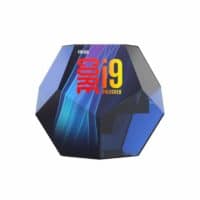
Speed
3.6GHz/ 5GHz
Core (Threads)
8/16
Socket
LGA1151
TDP
95W
- Coffee Lake (Refresh) Architecture – 8 hyperthreaded cores are perfect for gaming and multitasking.
- 3.6 – 5GHz Clock Speeds – This is more than you need for some buttery smooth gaming.
- Integrated Graphics Processor – Comes loaded with an Intel UHD 630 graphics card.
- Price – It’s gone down in price over the years, but it’s still not cheap.
- Thermals – Needs a decent cooler.
The Intel Core i9-9900K stands out as the pinnacle of LGA 1151 CPUs for several compelling reasons, making it the optimal choice for high-performance computing needs:
With eight cores and sixteen threads, the i9-9900K offers unparalleled multitasking capabilities. Whether you’re gaming, streaming, content creation, or running demanding applications, this CPU can handle it all with ease. The i9-9900K boasts exceptional single-core speeds, which are crucial for tasks that rely heavily on per-core performance, such as gaming. This makes it a top choice for gamers seeking maximum frame rates and smooth gameplay experiences.
When paired with high-end GPUs like the RTX 2080 Ti, the i9-9900K demonstrates minimal bottlenecking, even at higher resolutions. This ensures that you can fully leverage the power of your graphics card without being limited by your CPU’s performance.
Hyper-Threading allows the CPU to execute multiple threads simultaneously, effectively doubling the number of threads available to the operating system and applications. This feature enhances multitasking performance, enabling you to run numerous tasks concurrently without experiencing performance degradation.
Best mid-range LGA 1151 CPU – i7-9700K
Intel Core i7-9700K
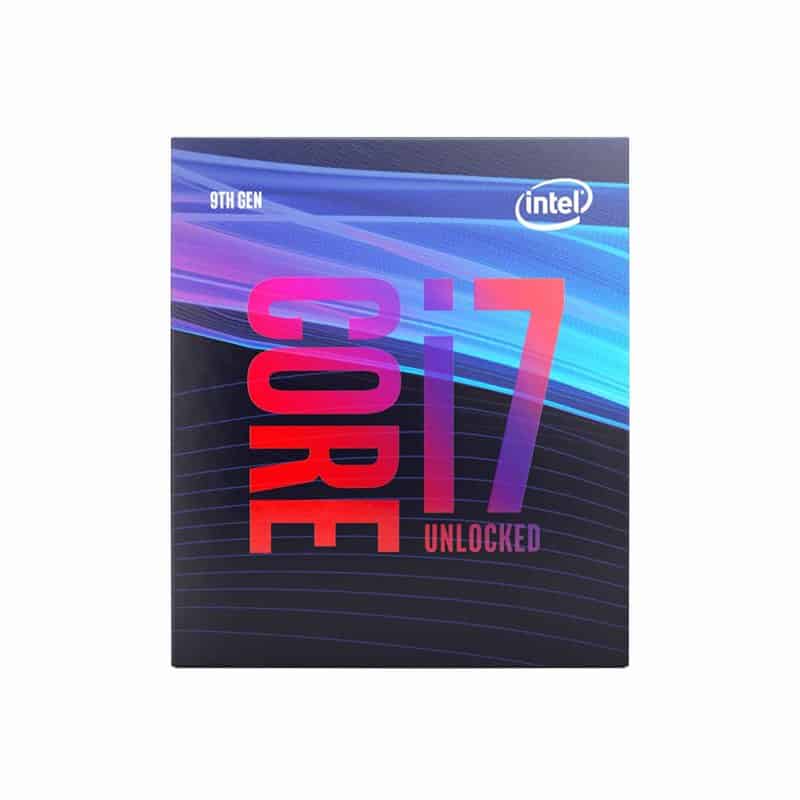
Speed
3.8GHz up to 5.1GHz
Core-Threads
8-8
Socket
LGA1151
TDP
95W
- Coffee Lake (Refresh) Architecture – 8 amazingly fast single-threaded cores provide the fastest LGA 1151 gaming performance you can buy.
- Clock Speeds – 3.6 – 4.9GHz ensures responsive, high frames per second gaming.
- Integrated Graphics Card – Comes loaded with an intel UHD 630 graphics card.
- Price – Performance like this doesn’t come cheap.
- Thermals – This thing runs hot!
You can think of the i7 9700K as a Single-threaded version of the i9 9900K, but that’s in no way a declaration of inferiority. Quite the contrary. Due to those hyper-focused cores, the i7 is actually quite a bit faster for gaming. This exquisite performance comes at the expense of hardcore multitasking, but the eight individual cores should be more than enough for everyday usage.
The i7 9700K’s clock speeds are also nothing to scoff at. Boasting the exact same 3.6GHz base clock speed as its hyperthreaded i9 equivalent and just 0.1GHz off the fabled 5GHz boosted rate, even demanding, high-octane games feel responsive and crisp.
Much like its hot-headed i9 cousin, the 9700K can run hot, especially when pushed with some manual overclocking. We recorded temperatures around 90°C under 100% load, so you may want to pair this purchase with a quality cooler.
Best 6-core LGA 1151 CPU – Core i5-9600K
Intel i5-9600K
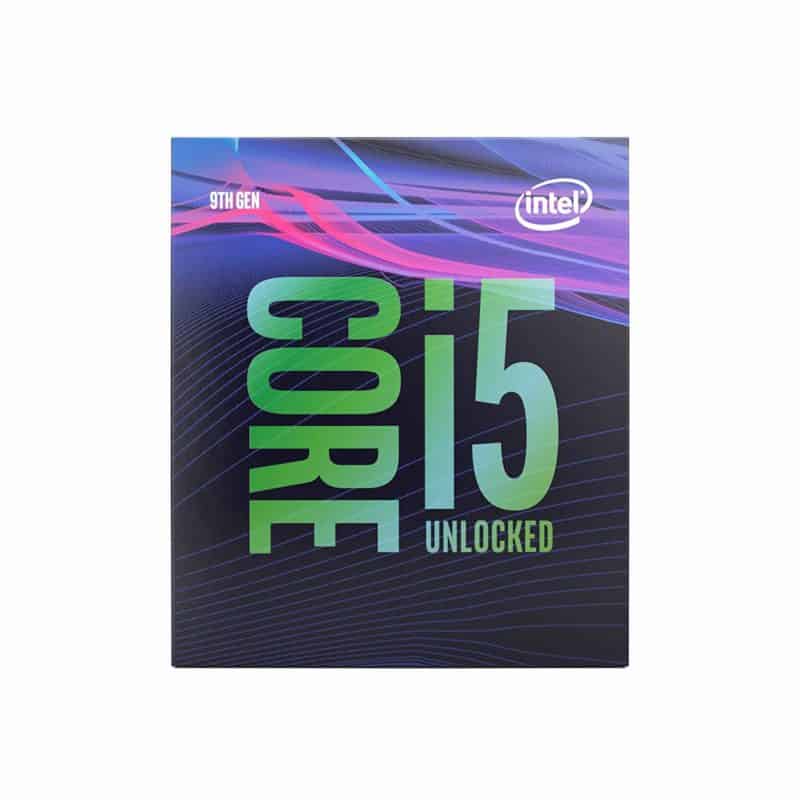
Speed
3.7GHz up to 4.6GHz
Core-Threads
6-6
Socket
LGA1151
TDP
95W
- Coffee Lake (Refresh) – The two extra cores make all the difference.
- Epic Clock Speeds – Both base and boost frequencies shatter the desired rate for gaming.
- Price – This is an awesome value for money CPU.
- Integrated Graphics Processor – Includes Intel 630 UHD graphics card. Integrated Graphics Processor – Includes Intel 630 UHD graphics card.
- Multitasking – It’s not really suitable for productivity workflows.
- Hothothot – It’s not as spicy as our top picks, but it can still reach 90°C when pushed.
We have a real soft spot for the i5 9600K. Due to the runaway performance of the 9700K and the expansive multithreaded architecture of equivalent AMD CPUs, it always exhibited something of an underdog vibe, but good grief can this thing move.
With six single-threaded Coffee Lake cores at its heart, it’s arguably even more of a ‘gaming’ CPU than our other top picks, which isn’t to say it’s incapable of multitasking. Six cores can handle standard parallelizing workflows, but gaming is its primary function.
It won’t stand in the way of a powerful GPU either, which is essential if you want to maximize your build’s performance. Paired with an RTX 2080, widely considered one of the best graphics cards on the market, it will impart a 1.72% bottleneck in 1080p, which is nothing really.
This awesome gaming power is largely down to the 3.7GHz base speed (faster than our top picks) and 4.6GHz boosted rate. These frequencies ensure visuals are always silky smooth and enthralling as heck!
Best LGA 1151 CPU without integrated graphics – Core i5-9400F
Intel Core i5 9400F
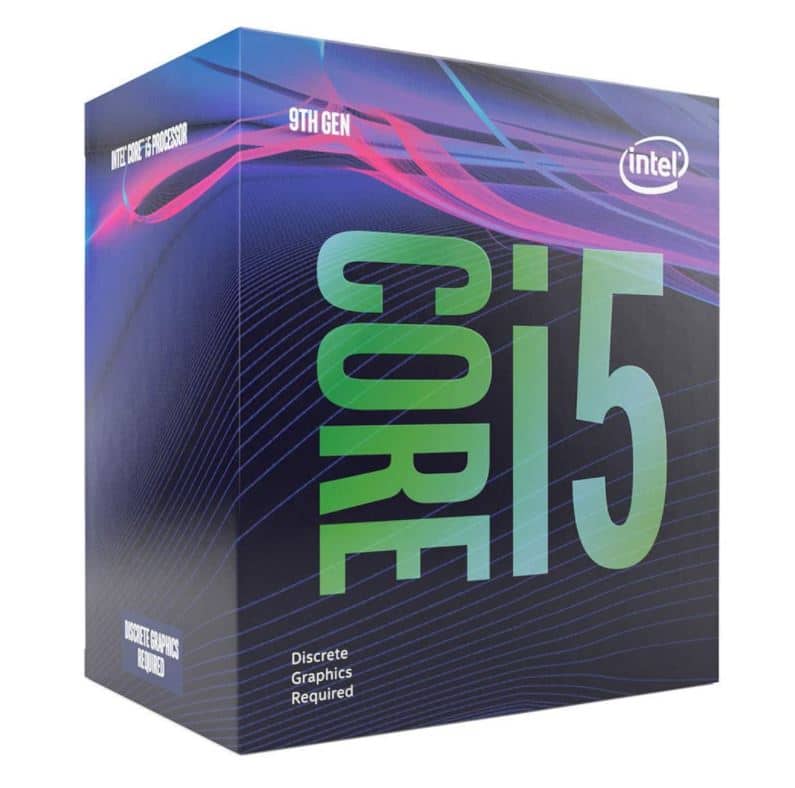
CPU speed
2.9Ghz – 4.1Ghz
CPU socket
LGA 1151
Processor count
6
Cache size
9
Wattage
65 watts
- Coffee Lake (Refresh) Architecture – six cores are better than four for gaming.
- Boost Clock – Turbo Boost pushes peak frequencies to 4.6GHz. That makes for some smooth gaming.
- Price – As it doesn’t come with a GPU, it’s a great budget option.
- No Integrated GPU – Who really cares, though?
- Base Clock – 2.9GHz isn’t enough for gaming.
All the ominous ‘F’ suffix means in the 9400’s name is that it’s a little cheaper, mostly because it doesn’t come with an integrated Intel graphics processor. Realistically, to unlock any of these processors’ full potential, you’ll need a discrete card anyway, so it’s essentially just a nice discount that has no impact on your system. Nice, ay?
It’s a single-threaded Hexa-core processor, which makes it incredibly fast for gaming applications. Like our top picks, it doesn’t stunt GPU performance and is more than capable of facilitating 1080p averages of 100+fps.
The 2.9GHz base clock isn’t ideal, but that’s easily remedied by turning on Turbo Boost in the BIOS and accelerating the frequency to 4.6GHz amounting in some beautiful gameplay, duping observers into believing it’s a much more expensive card than it is.
Our final caveat is that OC multipliers are locked on the i5 9400F, which means manual overclocking is prohibited, but if you were into all that, you wouldn’t be interested in this CPU in the first place.
Best budget LGA 1151 CPU – Core i3-9100
Intel Core i3-9100
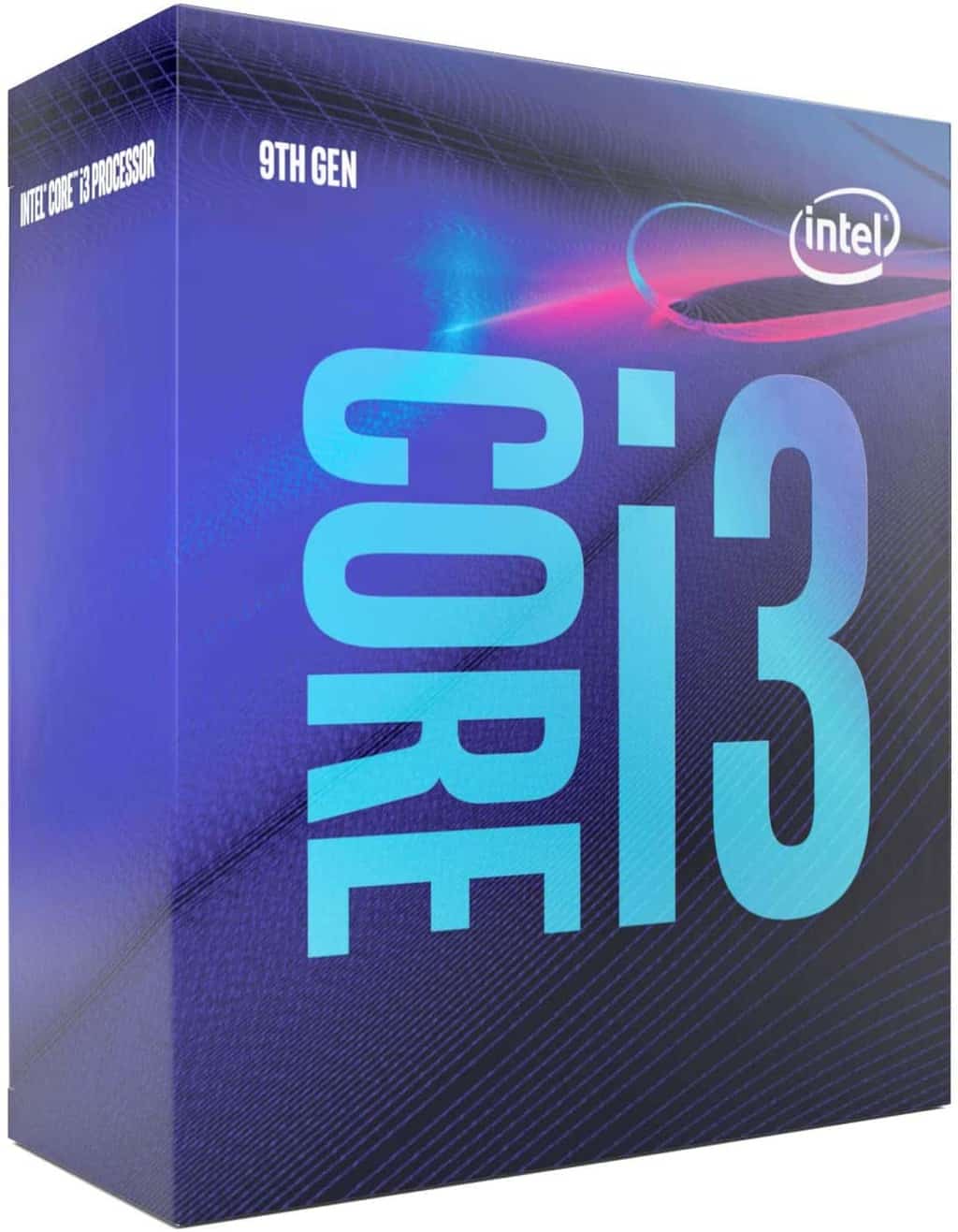
Brand
Intel
CPU Model
i3
Processor Speed
3.6 GHz
Processor Socket
LGA 1151
Processor Count
4
- Quad-Core – Four cores make this a fantastic standalone gaming CPU.
- Clock Speeds – 3.6-4.2GHz frequencies suit gaming to a tee.
- Price – It’s a great budget option.
- Lack of Versatility – The 9100 is very much just a gaming processor.
If you’re on the lookout for a pure gaming machine, then you’ll want to pay close attention to the i3 9100. With 4 core single-threaded cores, it doesn’t exactly have Atlas-like strength able to shoulder tons of concurrent operations, but it chews through a focused gaming workload without breaking a sweat.
with the 3.6 – 4.2GHz frequency range resting right in the gaming sweet spot, it’s clear Intel developed this to be the ultimate standalone gaming CPU. When we teamed it with the mid-range GTX 1650, we discovered that it can reach 70fps 1080p averages, with a tiny 1.73% bottleneck. As long as it’s an easy-going game, you can even use this combo to reach perfectly playable 1440p averages.
Unlike the 9400F, the 9100 does come with an integrated UHD 630 graphics card, so even if you haven’t settled on a discrete GPU yet, you can enjoy some light gaming.
Things to Consider when selecting the best LGA 1151 CPU
It can be helpful to understand all the consideratins when selecting a CPU, so we’ve outlined all of the factros that can influence your choice of CPU. This will hopefully serve you for years to come, and make selecting your future CPUs as easy as possible.
Cores and Threads
The cores of a CPU are the components that do all the processing. In charge of data transfer and problem-solving, they’re the lieutenant generals of your whole computer system. The more you have, the more processes and applications they can support.
There are two main types of CPU core, single-threaded and hyperthreaded. Single-threaded cores focus on single-sequence instruction execution. They’re extremely efficient when focused on singular tasks. Hyperthreaded cores can execute two concurrent execution sequences. They exhibit slightly increased latency, but they’re awesome at multitasking.
Clock Speeds
You can think of clock speeds as the second in command after cores and threads. They work alongside CPU cores to maximize efficiency, speeding up instruction execution sequencing.
Many people erroneously lump cores and clock speeds together, but they’re very different. Say you have a dual-core processor with high clock speeds. You can run a single program incredibly fast, but running simultaneous programs is out of the picture. If you have a hyperthreaded octa-core processor with low clock speeds, you could open tons of programs, but the running speed of each would be sluggish to the point of uselessness. Balance is key!
Architecture
Just like a building, the architecture of a CPU refers to the blueprint of its structure. It encompasses rules, processes, and organization of the CPU. It determines what kind of software and hardware is compatible. This is the reason new CPUs require new sockets to be developed alongside them.
Different architectures are referred to by codenames such as ‘Sky Lake’ or ‘Coffee Lake’, and the idea is that each new generation of CPUs outperforms their predecessors.
Generational changes can be quite small, perhaps just the capacity to carry a greater amount of cores, or they can represent a complete overhaul involving physical and functional changes throughout the whole design.
Multitasking
Multitasking in a computational sense is exactly what it sounds like. The ability to do multiple things at once. This could be listening to music, opening some tabs, streaming, or downloading all at the same time. As mentioned already, CPUs with hyperthreaded cores are much better at multitasking.
It’s not that single-threaded cores CPUs can’t multitask, they can, just nowhere near as well. They’ll be fine for the average user, but for professional content creators, media editors, and animators, pristine multitasking is essential.
What does a CPU do?
CPUs control the processing of all data and instructions that run on a computer. They are responsible for executing software programs and performing basic arithmetic, logical, and input/output operations. The CPU is often referred to as the “brain” of a computer, as it determines how fast and efficiently a computer can perform tasks.
A more powerful CPU can handle demanding tasks such as gaming, video editing, and multitasking with ease, while a weaker CPU may struggle and result in slow performance. A higher clock speed, more cores, and larger caches can also contribute to better performance. Therefore, the better your CPU, the better your PC will perform.
Having a CPU is also completely required for your PC to function.
FAQs
What is the fastest LGA 1151 CPU?
Technically, the fastest LGA 1151 CPU is the Core i9-9900KS but that’s a special edition processor and isn’t as readily available as the slightly lesser 9900K (which performs basically the same).
The Core i9-9900K has 8 cores and 16 threads and boosts to a pretty decent 5GHz. Which is fast even by today’s standards. The i9-9900K is regarded as legendary and is still sitting at the centre of many systems today.
Is an LGA 1151 CPU still good today?
If you’re after a cheap and cheerful PC for older games, or you want a solid workhorse of a home media PC, Intel LGA 1151 CPUs can be the way to go. The i9-9900K can be found for relatively cheap these days and comes with a massive 5GHz boost clock to play with.
The disadvantage to buying this old however, is if you find yourself needing to upgrade at any point, it can become expensive to do so. This is because you’ll likely need to upgrade the Motherboard, RAM, and maybe the PSU in addition to the CPU, depending on what you choose to upgrade to.
Other useful links
Final Word
The i9 9900K is by far the best LGA 1151 CPU if you’re looking for versatility. It’s awesome for gaming, but 16 threads also make it a highly proficient workstation. It’s the quintessential work hard, play hard processor. It does it all and it does it well.
The i7 9700K has the widest appeal as it’s more than capable of everyday multitasking like listening to music, hoarding tabs, and streaming, but the single-thread build also makes it the fastest LGA 1151 processor for gaming. This will be the weapon of choice for those who subscribe to the notion that every frame counts.
If the 9700K is a little rich for your blood, we recommend the i5 9600K. It has epic clock speeds, super-fast single-core performance, and it won’t stifle a powerful GPU.
Dropping the dead weight that is Intel’s integrated graphics card, the i5 9400F is a great value-for-your-money option, just make sure you keep Turbo Boost switched on. However, if gaming is your only computational requirement, the 9100 is hands down the best processor for you. It features all the gaming essentials and cuts out all the unnecessary bloat.

